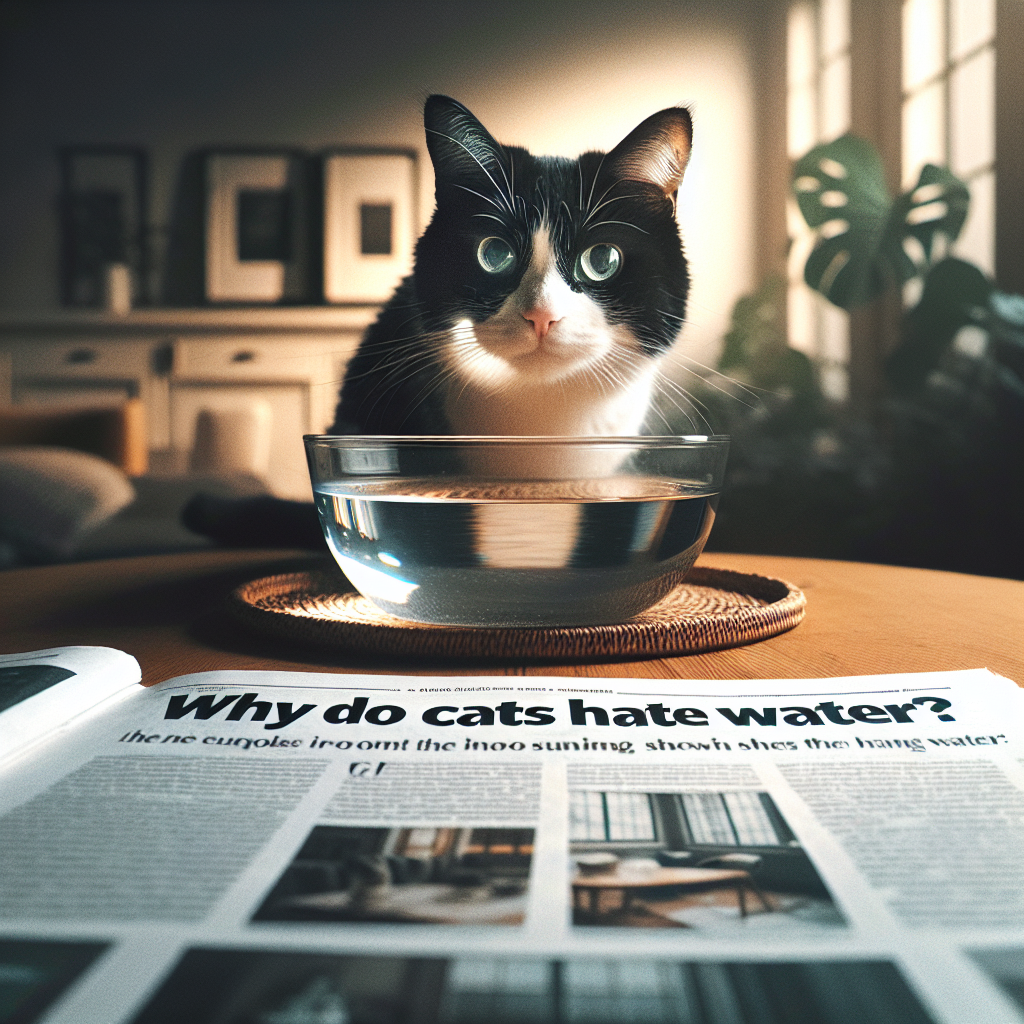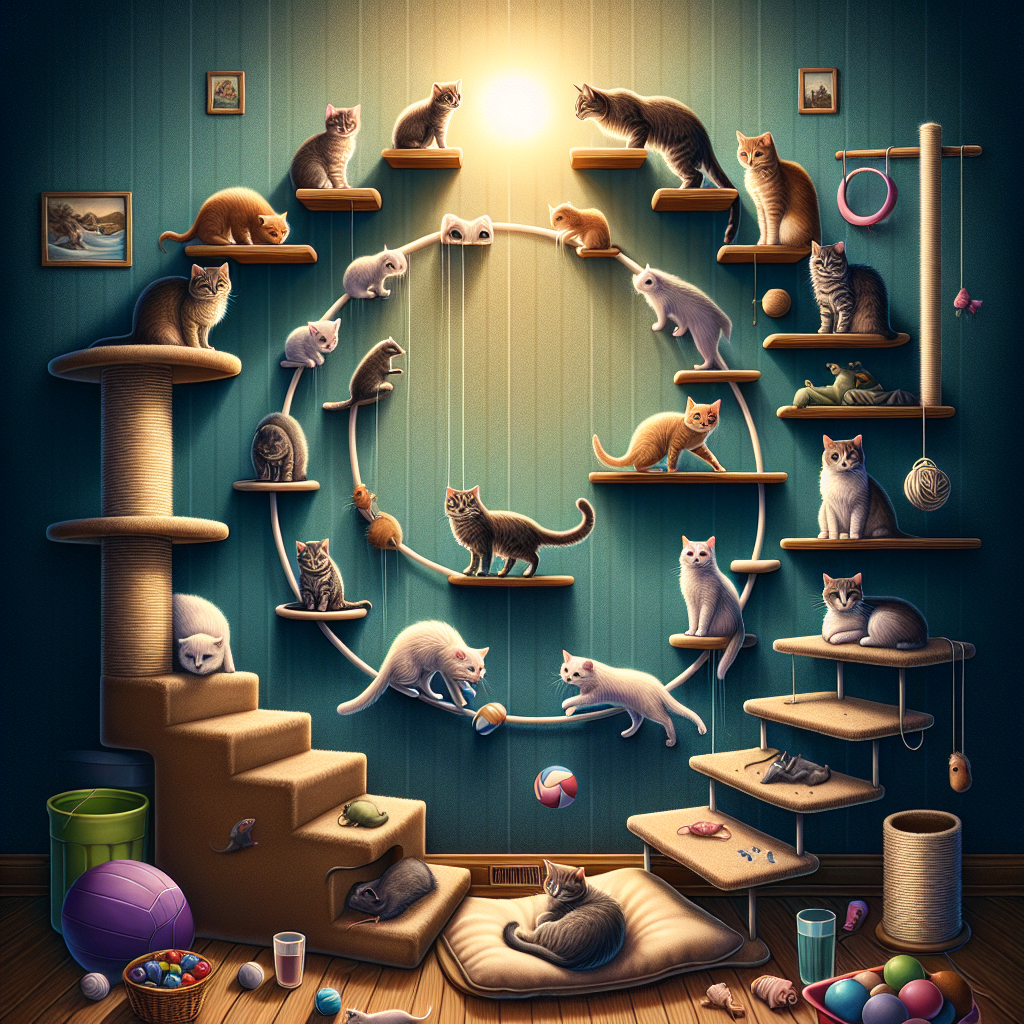Cats are fascinating creatures, often exhibiting quirky behaviors that leave us scratching our heads in curiosity. One of the most notable traits of felines is their aversion to water. Though not universal, many cats seem to despise getting wet. But why is this the case? Let’s explore the factors contributing to this phenomenon.
1. Evolutionary Background
Cats have evolved primarily as land animals. Their ancestors, particularly the wildcats, are steeped in behaviors and adaptations suited to dry environments. Most domestic cats trace their lineage back to the African wildcat, which lived in arid regions where encountering water was infrequent. Consequently, cats have not developed an instinctual affinity for water like some other animals, such as dogs or ducks.
2. Fur and Insulation
A cat’s fur is designed to insulate and keep them warm. When wet, it loses its insulating properties. Cats have a unique coat structure that helps repel water to some extent, but immersion in water can lead to uncomfortable situations, making it tough for them to regulate body temperature. A drenched cat may feel cold and vulnerable, triggering distress.
3. Unfamiliar Sensation
For cats, water is often an unfamiliar sensation. Imagine being forced to experience something that is entirely alien and potentially frightening. Getting wet can feel overwhelming for cats, leading to panic and flight reactions. Unlike animals that are accustomed to bathing or swimming, most cats associate water with negative experiences.
4. Sensitivity to Smells
Cats have a highly developed sense of smell—a key aspect of how they interact with their environment. Water, particularly treated tap water, can carry odors from chemicals and minerals that may be unpleasant to them. When submerged or even splashed, these unfamiliar scents are amplified, adding to their discomfort.
5. Hygiene and Grooming
Cats are fastidious groomers and spend a significant part of their day cleaning themselves. Their grooming behaviors keep their fur clean and odor-free. Introducing water into this routine disrupts their natural hygiene practices. A wet cat not only feels strange but also faces the additional annoyance of having to re-groom themselves to restore their cleanliness.
6. Association with Fear
For some cats, experiences involving water can lead to fear-based responses. Cats might associate water with negative experiences, such as being sprayed for unwanted behavior or being forced into the bath. This learned behavior contributes to their overall aversion, solidifying a fear that is hard to break.
7. Not All Cats Hate Water
While many cats have a pronounced dislike for water, it’s important to note that not all do. Some breeds, like the Maine Coon and the Turkish Van, are more tolerant of water. Individual personality plays a significant role; cats that have had positive experiences with water, like playing with running water or being gently introduced to it during kittenhood, may enjoy it more than others.
Conclusion
The disdain many cats show towards water is rooted in a complex mix of evolutionary history, instinctual behavior, and individual experiences. While it might be surprising to see a cat curled up next to a running faucet, it underscores their unique personalities. Ultimately, respecting your feline friend’s preferences and providing alternatives to water play—like toys or dry interactions—can help keep them comfortable and happy while showcasing their distinct, often hilarious quirks.




